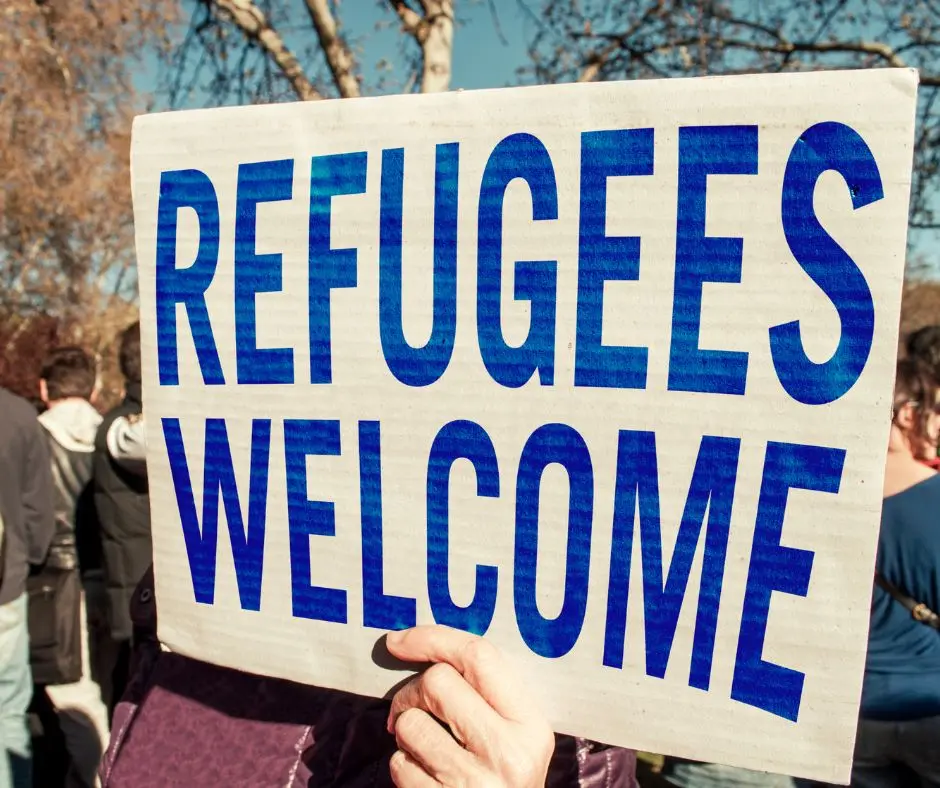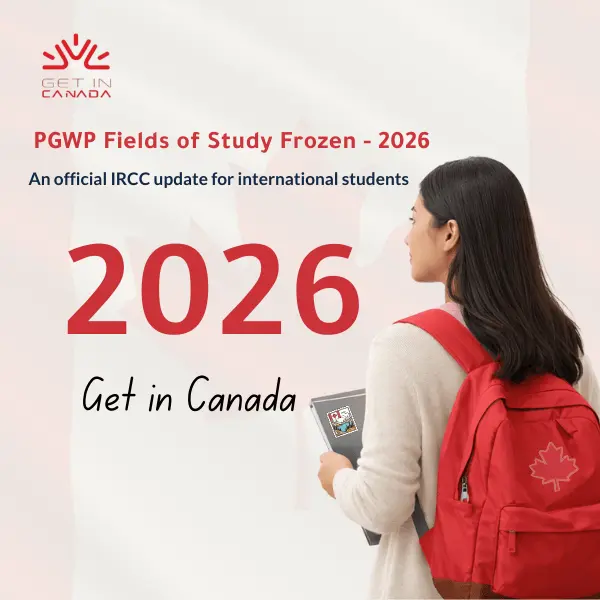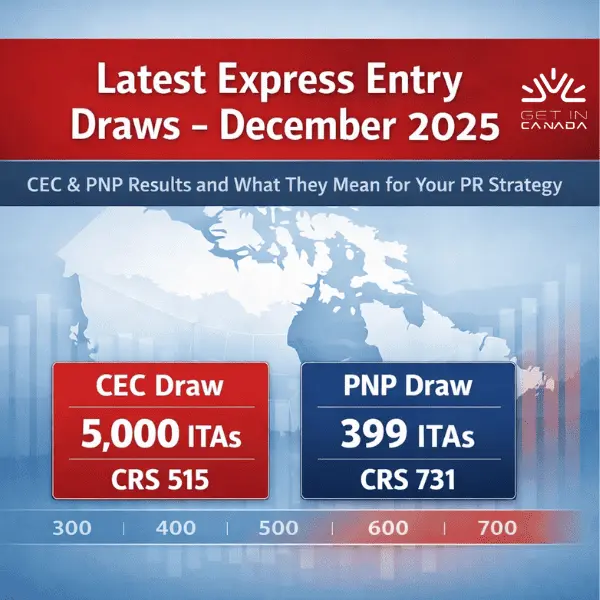Economic Mobility Pathway Pilot for Skilled Refugees

The Economic Mobility Pathways Pilot (EMPP) stands as a beacon of hope for skilled refugees and displaced individuals seeking new opportunities in Canada. This program has recently undergone updates to streamline the application process, making it more accessible and efficient for prospective refugees and displaced individuals seeking to immigrate to Canada permanently.
What is the Economic Mobility Pathways Pilot Program EMPP in Canada?
The Economic Mobility Pathways Pilot (EMPP) is designed to facilitate the immigration of skilled refugees and other displaced individuals to Canada. Recognizing the immense potential that these individuals bring to the country, EMPP aims to provide them with a clear and accessible pathway to achieve permanent residency in Canada. The program offers two distinct application routes, each tailored to suit different circumstances and needs.
Application Pathways
Regional EMPP
Under this pathway, applicants can choose from three selected economic programs:
- Atlantic Immigration Program.
- Provincial Nominee Program.
- Rural and Northern Immigration Program (RNIP).
To qualify for the regional EMPP, applicants must first meet the eligibility criteria of one of these economic programs. Once eligible, they can apply to a specific province, territory, or RNIP community, depending on the chosen program. This approach offers a regional perspective, allowing applicants to integrate into specific communities and contribute to regional development.
Federal EMPP
The federal EMPP is a standalone option that does not require prior application to any specific economic program. Instead, it offers two streams:
- Job Offer stream.
- No Job Offer stream.
To qualify, applicants must meet certain work experience, education, and language proficiency requirements. The federal EMPP provides a more streamlined and centralized process for those who prefer a direct route to Canadian immigration.
Benefits of EMPP
EMPP offers a range of compelling benefits to eligible applicants:
Waived Application Fees: EMPP applicants and their dependents enjoy the benefit of waived application and biometric fees, significantly reducing the financial burden associated with the immigration process.
Fast Processing: Most EMPP applications are reviewed and processed within six months or less, ensuring a prompt response to applicants and minimizing delays in their journey towards Canadian permanent residency.
Medical Exam Coverage: The program covers the cost of medical examinations through the Interim Federal Health Program, further easing the financial burden on applicants.
Immigration Loans Program (ILP): Upon approval of their application, EMPP participants gain access to the Immigration Loans Program (ILP), which can assist with travel costs, pre-arrival travel services facilitated by the International Organization for Migration, and the right of permanent residence fee.
Canadian Orientation Abroad Program: EMPP-specific participants can access the Canadian Orientation Abroad Program, which provides invaluable support and guidance to help them settle and integrate into Canadian society successfully.
Find out if you are eligible to get in Canada →
Who is eligible for EMPP in Canada?
To qualify for this program, applicants must meet specific eligibility requirements, ensuring that they are suitable candidates for this promising immigration pathway. Here are the three sets of eligibility criteria that applicants must meet to apply for EMPP:
1. Refugee or Displaced Person Status
The first and foremost criterion for eligibility under EMPP is that applicants must be refugees or displaced persons. To prove this status, applicants must possess one of the following documents:
- A positive Refugee Status Determination (RSD) from the United Nations Refugee Agency or a refugee-hosting state.
- Proof of registration or record as a person of concern by the United Nations Refugee Agency.
- A refugee certificate issued by the United Nations Relief and Works Agency for Palestine in the Near East (UNRWA).
- Evidence of being registered or recorded as a person of concern with UNRWA.
- Proof of temporary protected status, accompanied by a completed Durable Solution Information Form (IMM 0195). If you apply with a temporary protected status document, an immigration officer will assess your case to determine if you lack a durable solution.
Furthermore, applicants must be residing outside Canada at the time of their EMPP application.
2. Meeting Criteria Based on Application Pathway
The eligibility criteria under EMPP vary depending on the chosen application pathway:
Federal EMPP: If applicants opt for the Federal EMPP, they must meet specific criteria related to their work experience, education, and language skills. These requirements ensure that applicants have the necessary qualifications to contribute to the Canadian economy and society.
Regional EMPP: For applicants choosing the Regional EMPP, the eligibility criteria depend on the economic immigration program through which they intend to apply. Additionally, applicants may be eligible for a loan to cover their settlement funds if they meet certain conditions.
3. Admissibility
In addition to the specific eligibility requirements mentioned above, applicants must also meet the general admissibility criteria to enter and stay in Canada. Admissibility factors include but are not limited to security concerns, criminal history, and medical admissibility.
How to apply for EMPP in Canada?
To apply for the Economic Mobility Pathways Pilot (EMPP) in Canada, you will need to gather several important documents to support your application. The specific documents required may vary depending on your chosen application pathway (Federal EMPP or Regional EMPP) and your individual circumstances.
What documents are required for EMPP?
Here is a general list of documents commonly required for EMPP:
- Identification Documents: such as Passport and Birth Certificate.
- Immigration Status Documents such as:
- Refugee Status Determination (RSD): If you have a positive RSD from the United Nations Refugee Agency or a refugee-hosting state, you will need to provide this document as proof of your refugee or displaced person status.
- UNRWA Documents: If applicable, include refugee certificates or records of being registered as a person of concern with the United Nations Relief and Works Agency for Palestine in the Near East (UNRWA).
- Temporary Protected Status: If you have temporary protected status, you should provide relevant documents and the completed Durable Solution Information Form (IMM 0195).
- Educational Documents: such as transcripts, diplomas, and certificates, may be required to assess your education level.
- Work Experience Documents:
- Letters of Employment: These letters should confirm your work experience, including job titles, duties, dates of employment, and the name and contact information of your employer.
- Résumé or Curriculum Vitae (CV): A detailed résumé or CV outlining your work history, skills, and qualifications.
- Language Proficiency Documents: Common language tests include IELTS, CELPIP, or TEF.
- Financial Documents: such as Proof of Funds: Depending on your chosen pathway, you may need to demonstrate that you have sufficient funds to support yourself and your family during your settlement in Canada. These documents could include bank statements or letters from financial institutions.
- Other Supporting Documents: such as:
- Marriage or Relationship Certificates: If applicable, provide documentation to prove your marital or relationship status.
- Police Clearance Certificate: Depending on your situation, you may need to provide a police clearance certificate from any country where you have lived for a certain period.
- Medical Exam Results: As part of the immigration process, you may be required to undergo a medical examination by an approved panel physician. Include your medical exam results as applicable.
- Photographs.
The Economic Mobility Pathways Pilot (EMPP) represents a remarkable opportunity for skilled refugees and displaced individuals to make Canada their new home. With its simplified application process, multiple pathways, and an array of benefits, EMPP paves the way for a brighter and more secure future in Canada. By providing these individuals with the chance to contribute their skills and talents to Canadian society, EMPP not only enriches the lives of the participants but also strengthens the country as a whole. If you are a skilled refugee or displaced person seeking to build a new life in Canada, EMPP might just be the pathway you’ve been waiting for.











